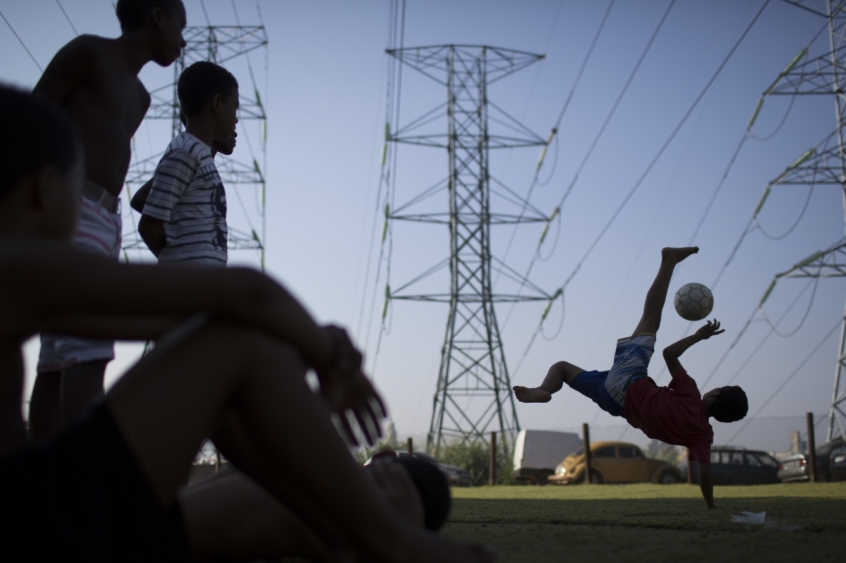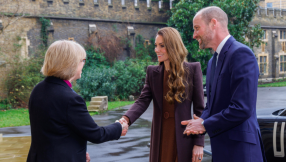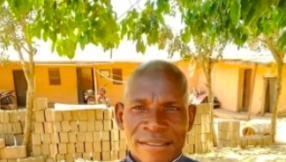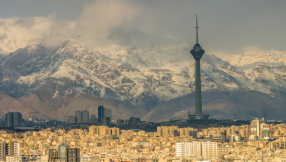
With the World Cup upon us, the media may be awash with contrasting images of Brazil's gorgeous beaches and poverty-stricken slums, but Britons shouldn't be naive enough to think the gap between rich and poor in their own country is so narrow, the Archbishop of York has suggested.
Dr John Sentamu was speaking at the International Fairness Conference in York today when he issued the candid reminder about the reality of poverty in Britain today.
While York is known for its rich historical architecture, quaint tea rooms and shops, the Archbishop said that not everyone was enjoying the good life.
"We need not feel smug as we meet here in this marvellous city of York, with its beauty, history, culture, and many excellent facilities for its citizens and visitors ... Not only here in York, but in towns and cities, villages and countryside, in this country and across the prosperous European Union, there are those for whom the picture is very different," he said.
This was the case, he said, in areas experiencing poverty, poor education, unemployment, high crime levels, and isolation.
He singled out inequality in health, child wellbeing, youth unemployment and income as areas needing to be prioritised.
"As a nation we need to protect the principles of Bevan that allow each man, woman and child access to health care whenever they need it. But we also need to work hard on building safe and caring communities in which people can flourish," he said.
Larger income differences, he said, make societies "more anti-social" and "weakens the bond of caring, kindness and trust between us".
"If we want a happier and less divided society then an important step forward would be to reduce the scale of income differences between rich and poor."
He also expressed regret at the levels of bullying, child obesity, self-harm, drug use, and poor family relationships affecting British children.
"Sadly for us, it seems that Britain's children do badly compared to those in many other countries," he said.
While the country's leaders needed to consider "unpopular, but well grounded decisions" to close the inequality gap, he said individuals needed the courage to accept that "for some of us life may have to become a little less comfortable in order for it to be more bearable for others".
"What we must ask is, do we want to live in a society where inequality and suffering is ingrained, or would we rather send out the message that everyone is valued and has an important part to play? It's our choice," he said.
"We can all make it happen. Let us all pull together."













